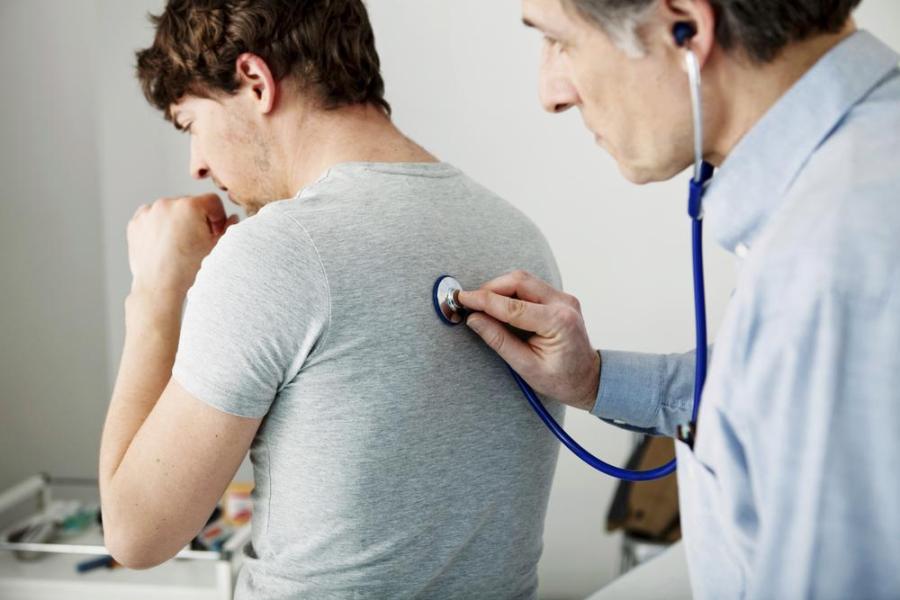
Treatment of Chronic Obstructive Pulmonary Disease (COPD)
The best treatment for COPD is to stop smoking and/or avoid exposures. Medications help with symptoms, but avoiding exposure to offending agents like smoke and toxic chemicals at work are need to prevent further lung damage.
Inhaled Anticholinergics
- Atrovent, Spiriva, etc
- Typically the medication most patients start with, will be given in an inhaler and taken daily
- Helps to reduce inflammation and improve shortness of breath
Bronchodilators
- Bronchodilators are often started is anticholinergic medications are not enough
- Are inhalers containing beta adrenergic blockers (such as albuterol) that can be used for acute exacerbations of the disease as well as maintenance.
- Used to open the airways in the lungs
- Short acting used for rescue (taken only when having extreme difficulty breathing)
- Albuterol
- Long acting used for maintenance (will be taken daily)
- Salmeterol, formoterol, etc
Inhaled Corticosteroids
can be given to reduce inflammation of the airways.
- Flovent, Beclovent, Pulmicort, etc
- Reduced inflammation improves airflow and oxygen exchange
- Inhaled steroids are not typically used until the patient is more advanced in the disease
- Inhaled steroids in combo with bronchodilators are often needed later in the disease
Oral steroids
- Prednisone
- In severe cases, oral corticosteroids can be used for short periods of times.
- Oral steroids have many side effects, which is why they are not typically given for long periods of time
- Side effects
- Weight gain
- Abnormal hair growth
- Is important not to stop oral steroids abruptly if have been on them for more than 10 days. Slowing lowering to dose is the best way to avoid side effects of stopping steroid.
Theophyline
- Less commonly given as has high risk for toxicity




